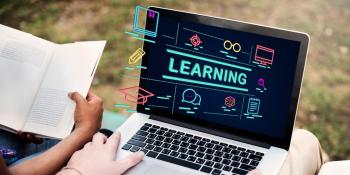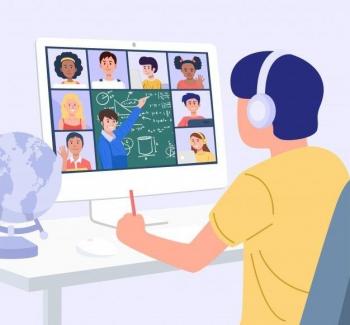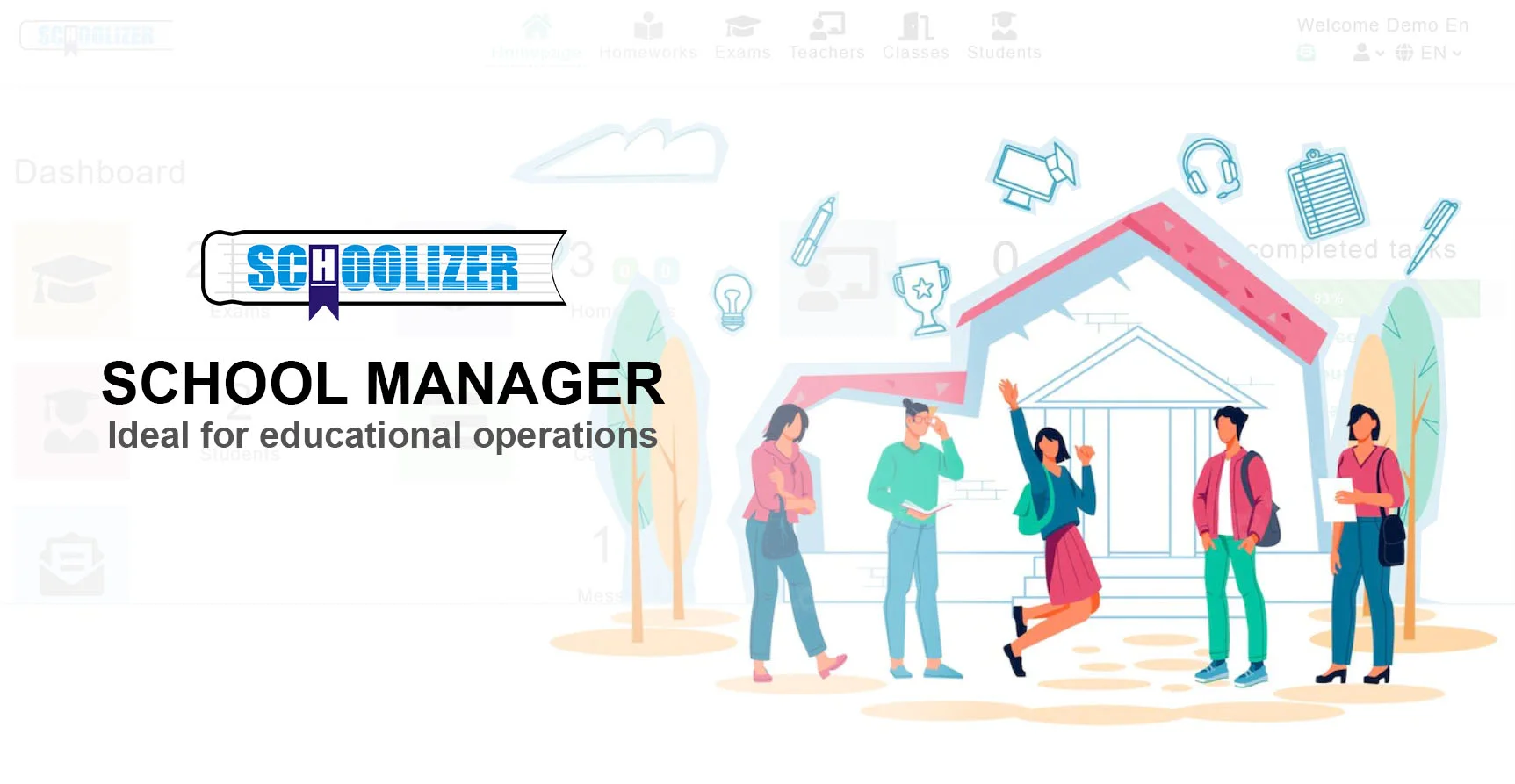Why Learning Isn't a System—And How to Truly Embrace Lifelong Growth

Why Learning Isn't a System—And How to Truly Embrace Lifelong Growth
What if we've been thinking about learning all wrong? What if education isn't a mechanical process to be optimized, but a deeply human experience that defies standardization? In an era obsessed with productivity hacks and rigid frameworks, the idea that learning isn't a system challenges everything we've been taught about education.
The Myth of the Perfect Learning System
For decades, institutions have treated learning as an industrial process—input knowledge, apply standardized methods, and expect uniform outputs. Yet anyone who's ever taught or learned knows this model fails spectacularly with real human minds. Consider Finland's education revolution: by reducing standardized testing and emphasizing teacher autonomy, they created one of the world's most effective learning cultures without rigid systems.
Real-world example: When Duolingo gamified language learning, they discovered users progressed at wildly different rates. Their solution? An AI that adapts to individual patterns rather than forcing everyone through identical lessons.

The Biological Reality of How We Learn
Neuroscience reveals learning as a messy, non-linear biological process. Myelin sheath development (how skills become automatic) happens through varied repetition, not rote memorization. The hippocampus consolidates memories during sleep—meaning cramming defeats the purpose.
Practical application: Medical students using spaced repetition software (like Anki) outperform peers relying on traditional study schedules because it aligns with how brains naturally retain information.
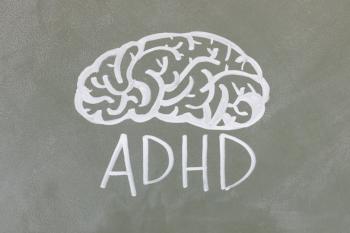
When Standardization Actively Hinders Learning
Standardized tests measure recall under pressure, not understanding. In one shocking study, students who aced physics exams couldn't apply concepts to real-world problems. Meanwhile, Montessori students—who learn through self-directed exploration—consistently demonstrate superior critical thinking skills.
Case study: Google's Project Oxygen found their best managers weren't MBA graduates, but those who embraced continuous, curiosity-driven learning outside formal systems.

Cultivating Organic Learning Environments
Effective learning ecosystems share three traits:
- Autonomy: Learners choose paths matching their interests
- Authenticity: Problems mirror real-world complexity
- Iteration: Failure is expected and analyzed
Example: Pixar's "Braintrust" meetings where candid feedback improves films demonstrates how non-hierarchical collaboration accelerates mastery.
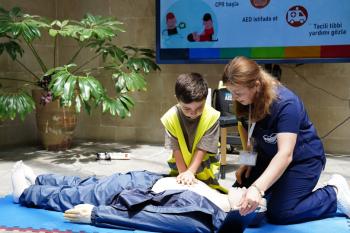
Tools vs. Systems: What Actually Helps
While systems constrain, proper tools empower:
- Metacognition apps: Reflective journals like Day One enhance self-awareness
- Knowledge networks: Tools like Obsidian mimic how brains connect ideas
- Community platforms: Discord groups often teach programming better than MOOCs
Surprising finding: Students using analog sketchbooks alongside digital tools show 23% higher retention (University of Waterloo study).

Becoming a Non-Systematic Learner
Actionable steps to break free:
- Audit your "shoulds"—are you learning for yourself or external validation?
- Follow curiosity tangents without guilt
- Measure progress through applied results, not test scores
Real-world result: A marketing professional who switched to project-based learning tripled her skill acquisition rate within six months.


